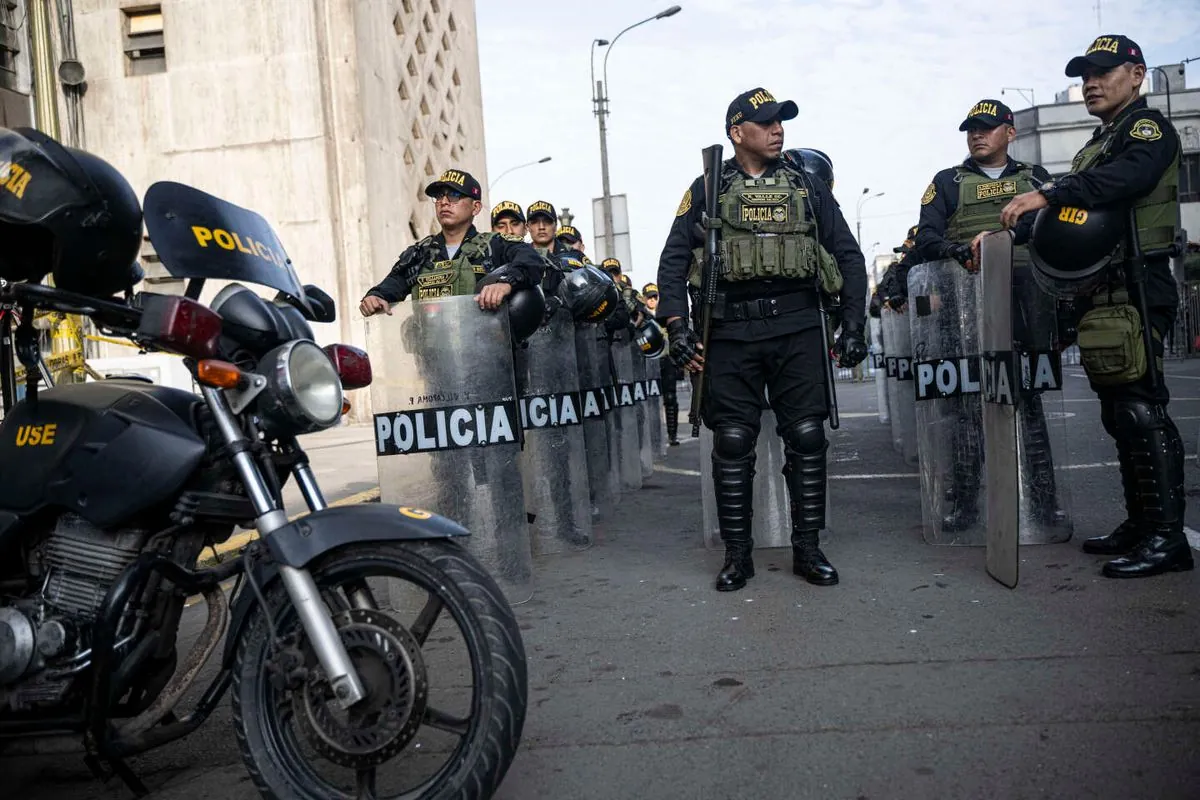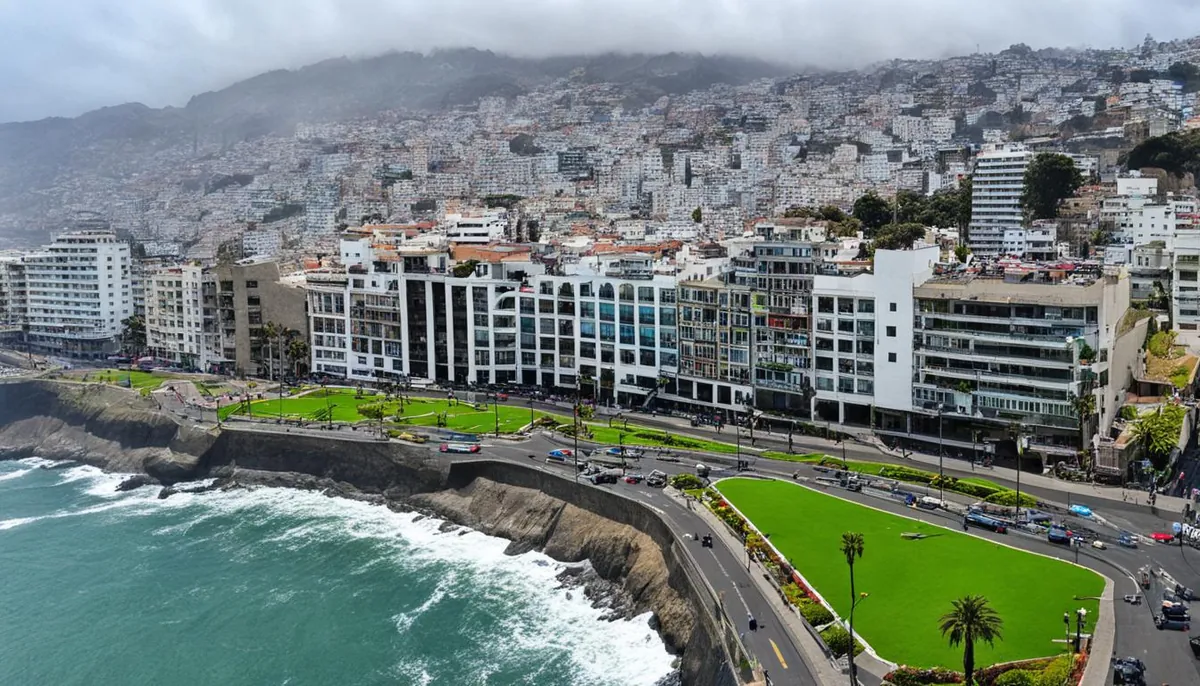Peru's Business Sector Sounds Alarm on Rising Organized Crime
Peru declares state of emergency in parts of Lima as business associations warn of widespread extortion. Government calls in military to support police amid escalating security concerns.

In a concerning development for Peru, the country's business sector has raised alarm bells over the escalating threat of organized crime. More than 20 trade associations, representing a diverse range of industries from commerce to beauty salons, have issued a joint statement expressing their grave concerns about the current security situation in the Andean nation.

The business community's outcry comes in the wake of the government's decision to declare a state of emergency in 14 districts of Lima, the capital city. This measure, implemented on September 26, 2024, and expanded the following day, suspends certain civil liberties related to free movement for a period of 60 days. The declaration was prompted by a strike initiated by bus drivers demanding enhanced protection from authorities due to a surge in extortion and violent attacks.
"We live under siege from organized crime which has taken control of the country in the alarming absence of the state."
This stark assessment underscores the severity of the situation facing Peru, which is the world's second-largest copper producer and boasts a rich cultural heritage including the UNESCO World Heritage site of Machu Picchu. The country's diverse geography, encompassing coastal desert, Andean mountains, and Amazon rainforest, presents unique challenges for law enforcement.
The business associations argue that no sector, regardless of size, is immune to extortion. They point to the strengthening of illegal economic activities, such as unauthorized mining, as a compounding factor. These illicit operations are allegedly infiltrating the political sphere, further complicating efforts to combat crime.
Mining companies, a crucial component of Peru's economy, have reported deadly attacks on their installations by armed individuals believed to be connected to illegal mining operations. This situation highlights the complex interplay between organized crime and the country's valuable natural resources.
The current crisis is unfolding against a backdrop of political instability that has seen multiple presidents in recent years. Peru's multi-party system and the challenges of corruption in both public and private sectors have contributed to the difficulties in addressing these security concerns effectively.
As the government calls in military support to bolster police efforts in Lima, the pressure mounts from opposition groups and civil society for more robust measures to combat crime. The situation threatens to impact Peru's economy, which is classified as upper middle income by the World Bank and relies heavily on mineral exports, agriculture, and a growing tourism industry.
The state of emergency in Lima, a city founded in 1535, reflects the gravity of the security challenges facing modern Peru. As the country grapples with these issues, the balance between maintaining public safety and preserving civil liberties remains a critical concern for all stakeholders involved.


































